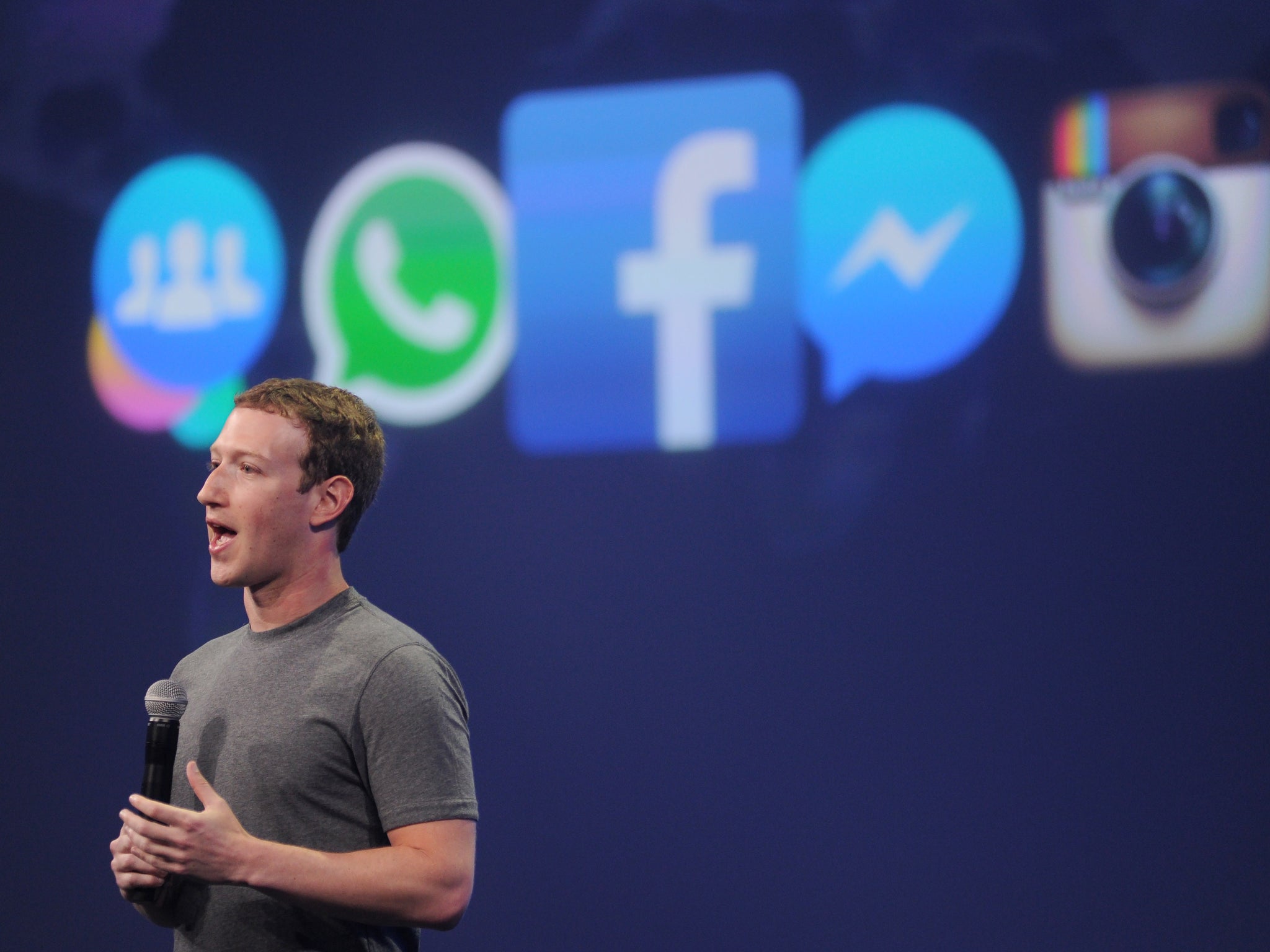Facebook expands mythbusting centre to tackle climate change conspiracies
Facebook will start adding informational labels to posts on climate in the UK that direct people to the Information Centre

Your support helps us to tell the story
From reproductive rights to climate change to Big Tech, The Independent is on the ground when the story is developing. Whether it's investigating the financials of Elon Musk's pro-Trump PAC or producing our latest documentary, 'The A Word', which shines a light on the American women fighting for reproductive rights, we know how important it is to parse out the facts from the messaging.
At such a critical moment in US history, we need reporters on the ground. Your donation allows us to keep sending journalists to speak to both sides of the story.
The Independent is trusted by Americans across the entire political spectrum. And unlike many other quality news outlets, we choose not to lock Americans out of our reporting and analysis with paywalls. We believe quality journalism should be available to everyone, paid for by those who can afford it.
Your support makes all the difference.Facebook has announced that it is expanding its Climate Science Information Centre, which provides people with information about global warming.
In the wake of climate denial ads on the social media service being seen by millions of users, Facebook is now adding a section that debunks common climate myths such as carbon dioxide in the atmosphere harms the earth’s plant life and polar bear populations are declining because of global warming.
Facebook will also start adding informational labels to posts on climate in the UK that direct people to the Information Centre. In a press release about the change, Facebook provided comments from numerous researchers about the benefits of its move.
“Developing rebuttals based on the best-practices from communication research is an important step towards countering online misinformation, and I look forward to exploring more solutions”, Dr. John Cook from George Mason University, said in a statement.
“Misinformation about climate change long predates the internet, but has been greatly amplified in our new digital world. This new mythbusting section of the Facebook Climate Science Information Center can help raise public climate change awareness and understanding worldwide”, added Dr. Anthony Leiserowitz from the Yale Program on Climate Change Communication.
“The spread of damaging falsehoods endangers the level of international cooperation required to prevent catastrophic global warming. Facebook is in a unique position to counter the circulation of online misinformation, and the new climate ‘mythbusting’ section is an important step toward debunking dangerous falsehoods,” Dr. Sander van der Linden, University of Cambridge, also voiced.
The center is already available in France, Germany, the UK and US, and is now expanded to Belgium, Brazil, Canada, India, Indonesia, Ireland, Mexico, the Netherlands, Nigeria, Spain, South Africa, and Taiwan.
Whether or not Facebook adding labels will actually see a benefit in users’ climate knowledge is, however, remains to be seen.
According to an apparent internal Facebook report about the effectiveness of labels on the tweets of former president Donald Trump, who shared unfounded claims about integrity of the election, specifically mail-in ballots, the additions were apparently inadequate.
“We have evidence that applying these informs to posts decreases their reshares by [approximately] 8 per cent,” a Facebook data scientist apparently said.

“However given that Trump has SO many shares on any given post, the decrease is not going to change shares by orders of magnitude.”
The data scientist added that the labels were not expected to limit the scale of the post, but rather “to provide factual information in context to the post.”
Another Facebook employee reportedly said: “I have a feeling people have quickly learned to ignore these flags at this point. Are we limiting reach of these posts at all or just hoping that people will do it organically?”, while another said that it does not “feel like people are being deterred all that much by our mild dosage of context”.
In a statement in response, Facebook said that labels are one piece of integrity efforts, as well as a Voting Information Center and content moderation.

Join our commenting forum
Join thought-provoking conversations, follow other Independent readers and see their replies
Comments